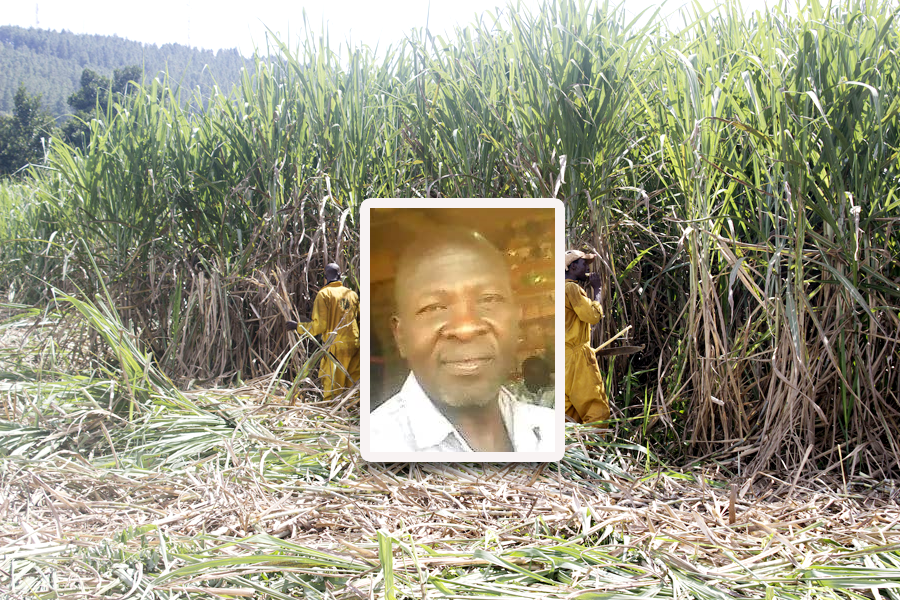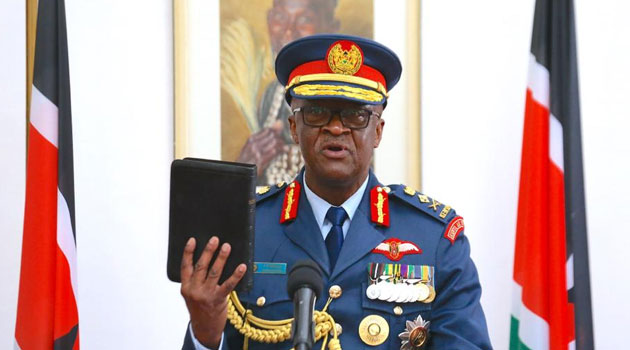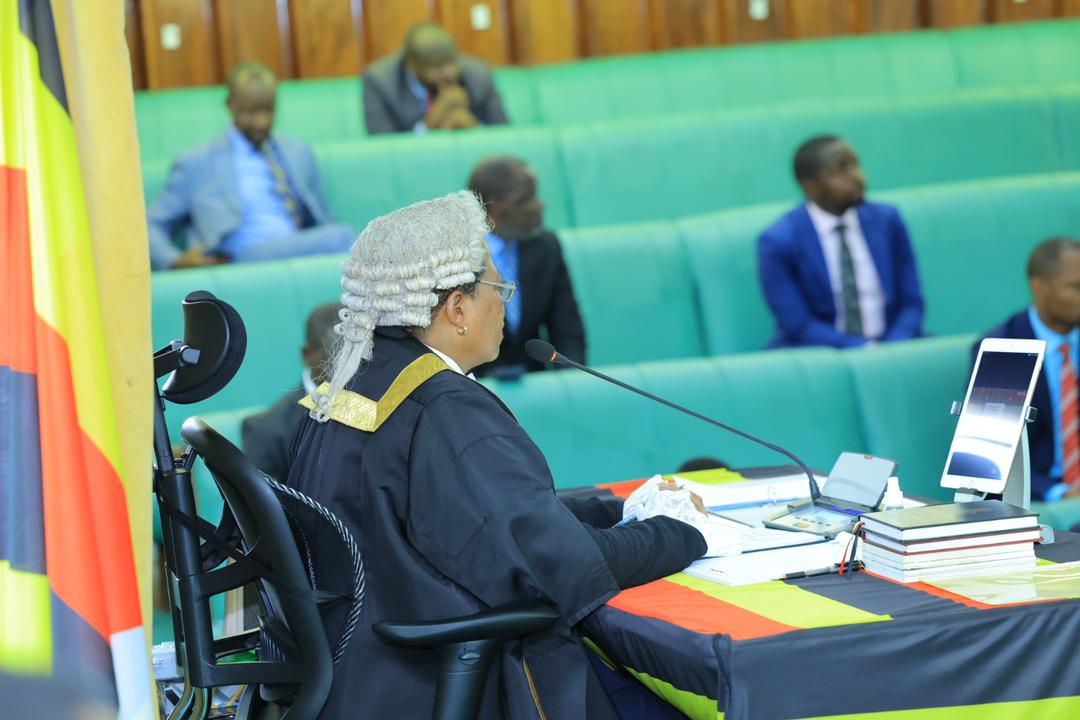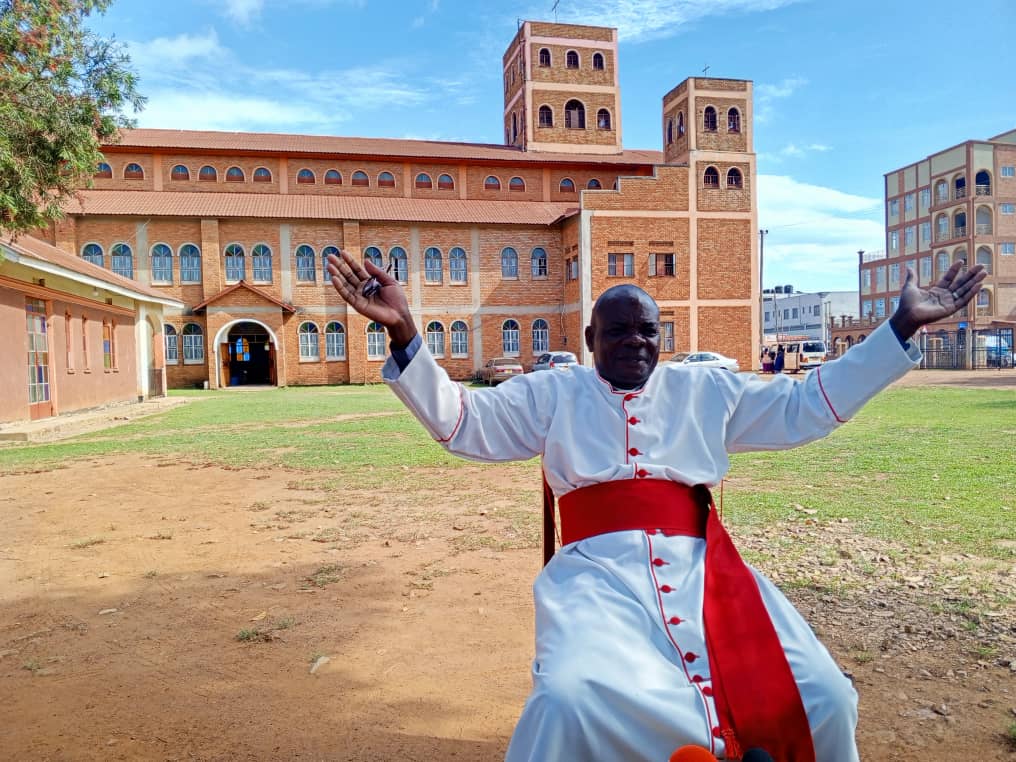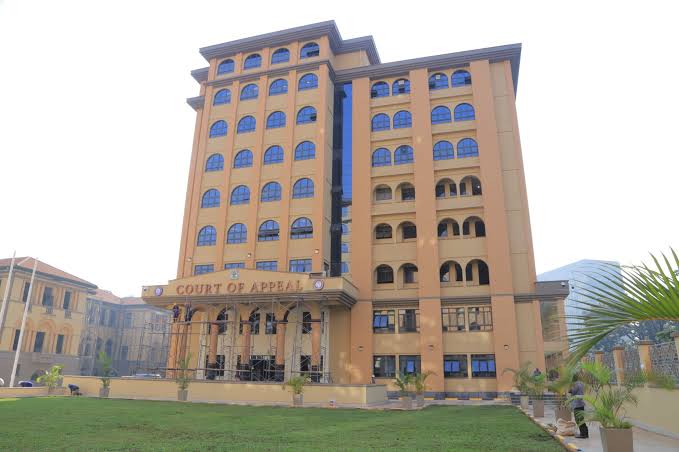Court Fires Double Barrelled Gun At Bamugemereire Commission And IGG
By Peter Kahindi
In 2016, the President appointed the Commission of Inquiry into Land Matters in Uganda. This process was conducted and the Commissioners forming the team were duly sworn in February 2017. This was shortly after the Commission was formally published under Legal Notice Number 2 of 2017 vide The Commission of Inquiry of Inquiry (Effectiveness of Law, Policies and Processes of Land Acquisition, Land Administration, Land Management and Land Registration in Uganda) Notice.
A careful and slow reading of the above title will show anyone that indeed the Commissioners had their fair share of work cut out.
Since the methodology of the Commission was that from time to time they entertain complaints from citizens about land matters, the Commissioner have over time appeared in the press to directly criticize the manner in which Courts in general and some judicial officers in particular have conducted their business. In fact on the 26th October 2018; the Chairperson of the Commission Lady Justice Catherine Bamugemereire issued an unprecedented statement directly accusing a sitting Judge and colleague of “conniving with litigants to uphold legally issued Certificates of Title in gazzetted forest areas.” She stated the Judge by name and the case number. In a press statement.
Prior to that, the Commission had also made a decision that directly contradicted Court pronouncements when it directed that the Uganda Land Commission should not make payment as compensation to a party that had been successful in a decided case. The Inspector General of Government also joined the party and decided to open investigations in the same transaction. All these circumstances caused a scenario where it would appear that the Commission was setting itself as the alternative, more transparent avenue for land disputes than Courts of law.
It would therefore turn out that when a citizen filed an application challenging the decisions of the both the Commission and the IGG before the Civil Division of the High Court, the opportunity to settle the question of who bears more authority would not have been more timely.
In the recently (30th November 2018) decided case of Daniel Walugembe vs. Attorney General Civil Suit No. 231 of 2018, the Applicant brought judicial review proceedings against the Attorney General for the actions of the Commission and the IGG. In simple terms, Judicial Review proceedings are invoked when an administrative body or authority acts unreasonably, unfairly, illegally or if it exercises power beyond the power that it actually posses by law.
In this particular case, Mr. Walugembe had successfully secured Court judgments directing the Uganda Land Commission to compensate him for land he previously owned. However on 2nd August 2018 the Chairperson of the Commission wrote a letter to the Uganda Land Commission directing the latter to make the said compensation not to Mr. Walugembe but a different person altogether which led Mr. Walugembe to challenge that.
As against the IGG, Mr. Walugembe sought to bar the former’s attempt to open fresh investigations into the compensation that had been directed by Court in favour of the latter.
As the presiding Judge, Justice Andrew Bashaija thoroughly dealt with a evidentiary issues regarding the admission of Affidavit evidence by a party who does not disclose the source of the averments in the Affidavit deponed as well as the rejection of an Affidavit in reply when an Affidavit in rejoinder has been filed, among others, however the focus of this article is on the jurisdiction of the Courts and the authority of the two bodies in this particular case.
While dealing with the Commission’s decision under Issue number 3, the learned Judge found that the Commission’s decision was illegal, unreasonable, unfair and that the Commission had acted beyond the authority conferred upon it, even if one were to stretch its ToR’s. He went on to hold:
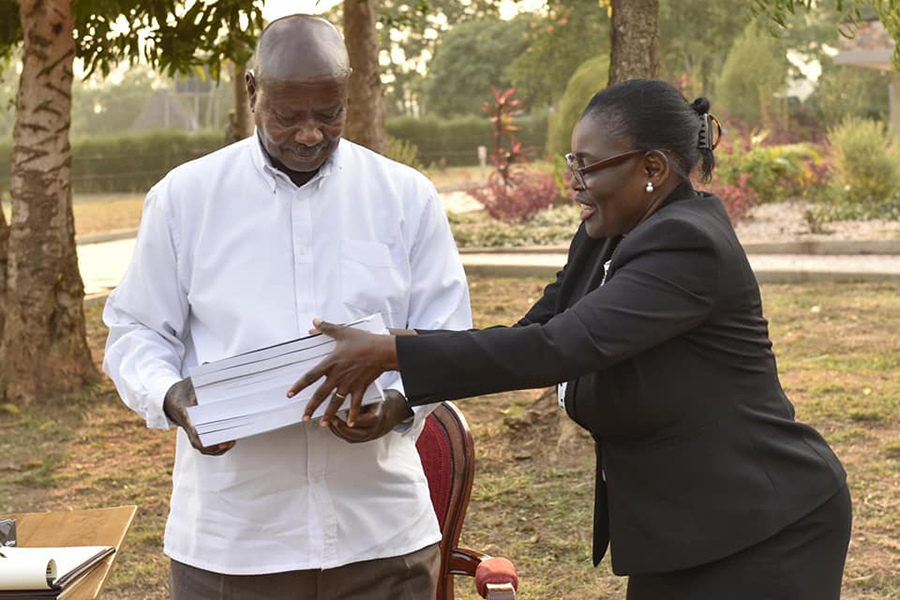
“… the decision invariably interferes with the independence of the Judiciary. On that account alone, it cannot be left to stand. It cannot be over emphasized that the Commission of Inquiry has no mandate whatsoever to issue orders contrary to court orders or judgments over the same subject matter. The Commission of Inquiry is not a court of law. By ordering payment of persons other than the one ordered by court, the Commission of Inquiry overstepped its mandate as such acted illegally.”
He went on to deal with issue number 4 which was with regard to whether the IGG has powers to commence investigations in a matter that has been handled by court. He went on to refer to Section 19 (1) of the Inspectorate of Government Act, 2002 which clearly states that the IGG “shall not have power to question or review….. the decision of any court of law or any judicial officer in the exercise of his or her judicial function.”
Having cited the above it was held that the letter that was written by the IGG on 3rd July 2018 addressed to Mr. Walugembe was a direct contravention of the above provision and was therefore illegal. He went ahead to hold issue number 4 in the negative.
This decision is timely and crucial to the jurisprudence of this country and the Court could not have clearer. Some may argue that while it may true that some judicial officer hand down decisions after being compromised, that alone is not enough to empower other temporary or permanent agencies to overhaul the provisions of the Constitution which placed deep emphasis on the notion of independence of the Judiciary.
There are avenues of Appealing from decisions whenever a party to a case is not satisfied by the decision of the Magistrate, Judge or panel of Judges depending on the setting. Even when the legally prescribed time within which to lodge an Appeal has expired there are avenues a party can explore to invoke Court’s mercy to allow one to still lodge the Appeal out of time. It would therefore seem that referring to other government agencies in attempt to provide a remedy where the Courts have already pronounced themselves may not bear fruit after all. We hope that the Judge in this case provided a valuable and lasting lesson to all Ugandans.
The Author Is The Managing Partner, PACE Advocates.







